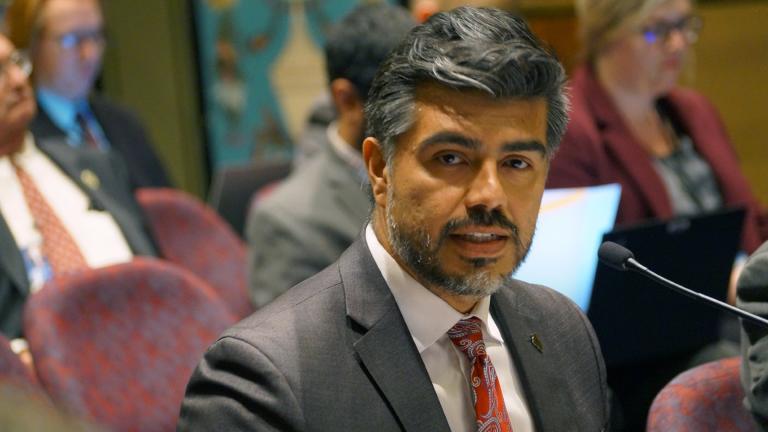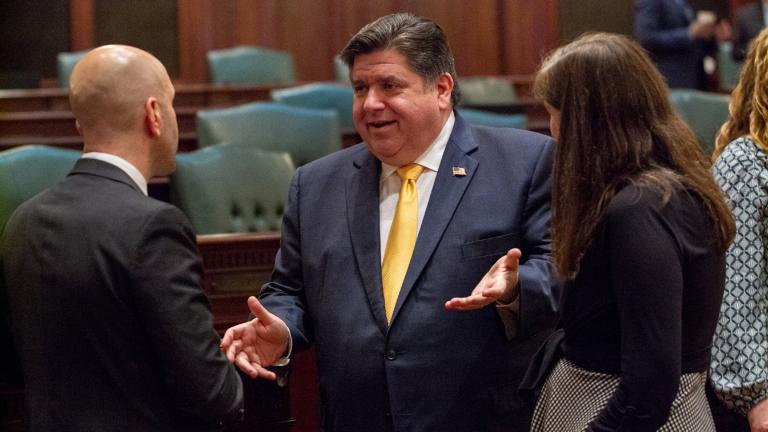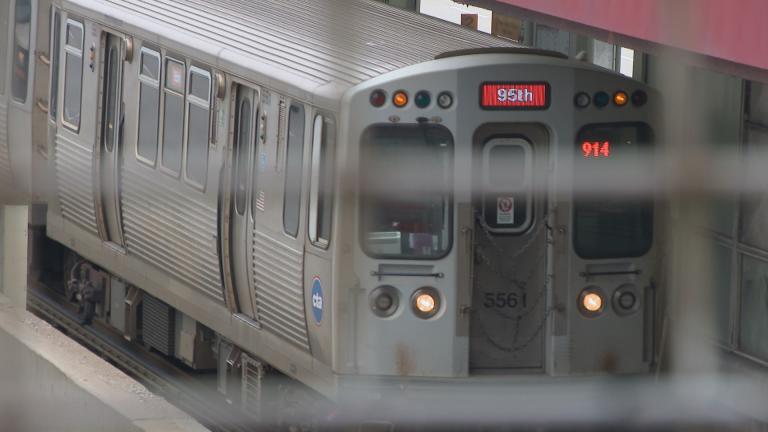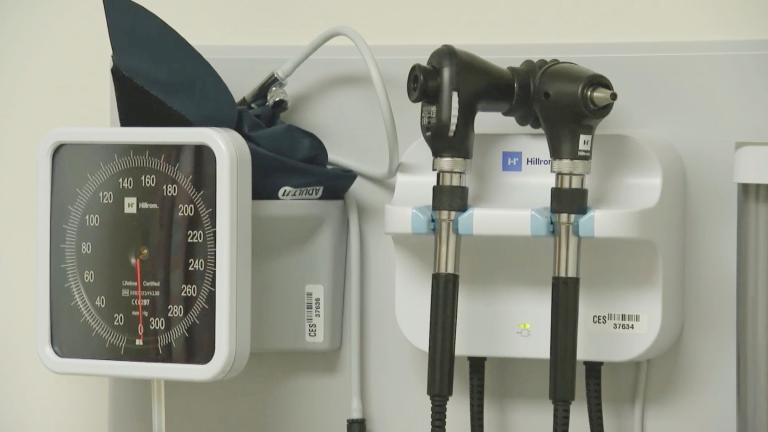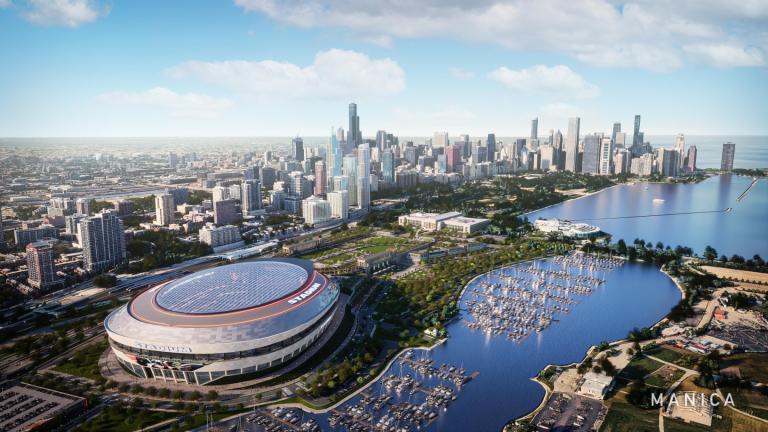Illinois legislators have through Friday to accomplish their most important task: passing a budget.
The state learned the consequences – decimated human services, loss of jobs, universities at risk of losing their accreditation, halted construction work, costly credit downgrades – of going without a fiscal plan during a historic two-year political standoff that ended in July 2017.
Lawmakers technically have until July, when a new fiscal year begins, to pass a fiscal year 2024 budget. Typically, the General Assembly aims to get the deed accomplished by May 31, because it’s both politically and practically more difficult to get the super-majority of votes required for passage come June.
Leaders this year, though, scheduled an adjournment for May 19.
With a super-majority of Democrats in control of both legislative chambers and the governor’s office, reaching an agreement either by the self-imposed deadline or the end of the month is more likely. Nonetheless, pressures on the spending and revenues sides of the equation mean negotiations are complicated.
After a COVID-induced trend of more money coming into state coffers, the latest report from the state’s nonpartisan Commission on Government Forecasting and Accountability found that the state’s main revenue account “took a dramatic turn” last month “as receipts fell a stunning $1.844 billion” compared with the month prior. That downturn led the group to reduce its revenue expectations for the current year.
Despite the alarming language, the drop did not lead the commission to majorly change its previous estimate that the state will have $50.4 billion to work with for the next fiscal year.
Still, it’s a sign that budget leaders remain frugal if they want to meet leaders’ and Gov. J.B. Pritzker’s promises of a balanced plan.
That can be at odds with demands from interests across the state. Chicago’s new mayor, Brandon Johnson, is requesting state assistance to house asylum seekers, additional funding for Chicago Public Schools and an increase in the share of the state income tax that goes to municipalities.
Those in the health care industry are seeking a hike in the rates they receive for patients on Medicaid, the government’s health program for the poor. And Latino lawmakers want to continue – and expand – a form of health coverage available to undocumented resident.
The cost of the program has ballooned past projections to roughly $1 billion, an amount that stands to eat up a sizable amount of any extra revenue Illinois has at its disposal.
Follow Amanda Vinicky on Twitter: @AmandaVinicky

